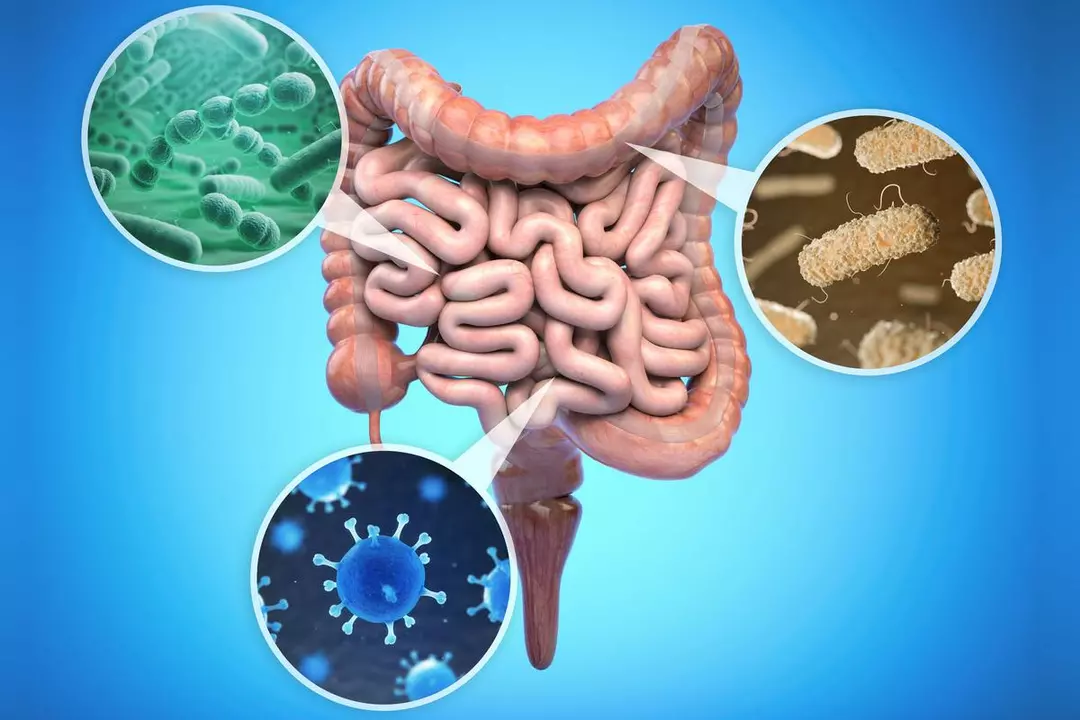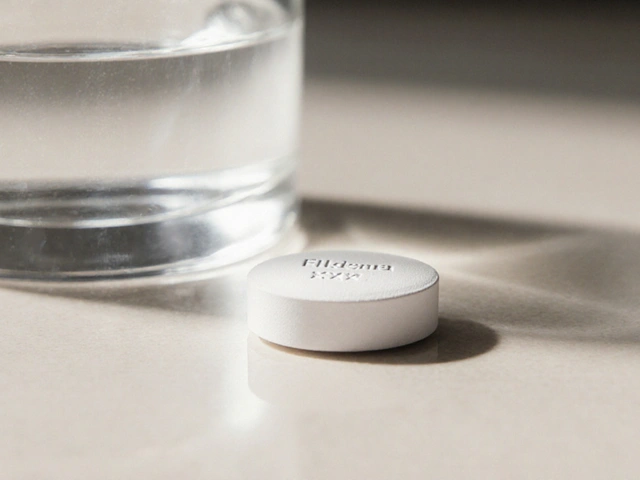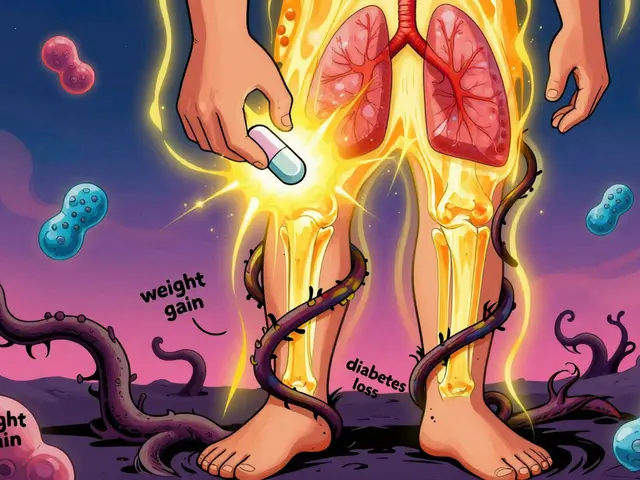Probiotics: What They Are and How They Help Your Health
If you’ve heard the buzz about “good bacteria,” you’re looking at probiotics. In plain terms, they are live microbes that can give your gut a boost when taken in adequate amounts. Most of them belong to Lactobacillus or Bifidobacterium families, but there are many other strains out there. The idea is simple: fill your intestines with friendly bugs so the bad ones have less room to cause trouble.
Why Probiotics Matter
Gut health touches almost everything—digestion, immunity, even mood. When you take a probiotic, it can help balance the bacterial mix, making it easier for your body to break down food and absorb nutrients. People often notice fewer bloating episodes or less occasional stomach upset after a few weeks of consistent use. Some studies also link certain strains to lower rates of antibiotic‑associated diarrhea and even milder allergy symptoms.
Beyond the gut, probiotics can support your immune system. A healthy bacterial community trains white blood cells to react correctly, so you’re less likely to overreact to harmless substances. That’s why many health blogs recommend a daily probiotic during cold season or after a course of antibiotics.
How to Choose the Right Probiotic
Not all probiotics are created equal, so pick one that matches your goal. If you want general digestive comfort, look for multi‑strain formulas with at least 5‑10 billion CFUs (colony forming units) per serving. For specific issues like IBS or yeast infections, target strains such as Lactobacillus plantarum or Bifidobacterium lactis. Always check the label for a “guaranteed potency through expiration date” note—live cultures die over time.
Storage matters too. Some capsules need refrigeration, while others are shelf‑stable. If you travel often, pick a non‑refrigerated product to keep the microbes alive. Also, avoid probiotics with unnecessary fillers or artificial colors; they add nothing but cost.
Timing can boost effectiveness. Taking your probiotic on an empty stomach—or right before a meal that contains some fat—helps more bacteria survive the harsh stomach acid. A quick tip: set a reminder on your phone to make it a habit, just like brushing teeth.
Lastly, listen to your body. If you feel extra gas for the first few days, that’s normal as the new microbes settle in. If symptoms persist beyond two weeks, consider switching strains or consulting a pharmacist.
Probiotics are a low‑cost way to support gut health and overall well‑being. By choosing the right strain, storing it properly, and timing your dose, you can make the most of these tiny helpers. Give them a try and see how your digestion feels after a month—you might be surprised.
The Role of Probiotics in Preventing Anal Itching
As a blogger, I've recently come across the fascinating topic of probiotics and their role in preventing anal itching. In my research, I found that probiotics can help restore the balance of good bacteria in our gut, which can in turn prevent infections and inflammation that may lead to anal itching. These beneficial microorganisms can also improve our overall digestive health and boost our immune system, further reducing the risk of itchiness. I highly recommend incorporating probiotics into your daily diet, either through supplements or probiotic-rich foods like yogurt, kefir, and sauerkraut. By doing so, you can not only prevent anal itching but also promote a healthier gut and overall well-being.






